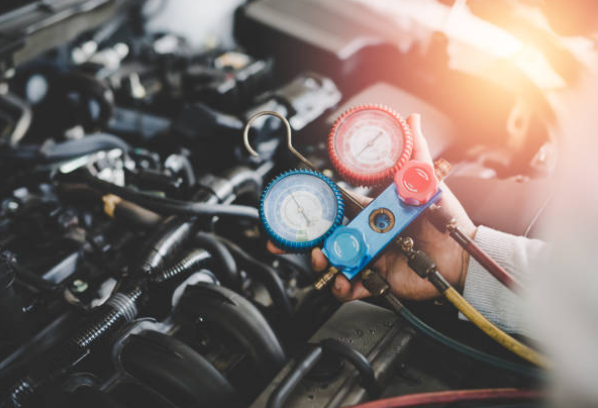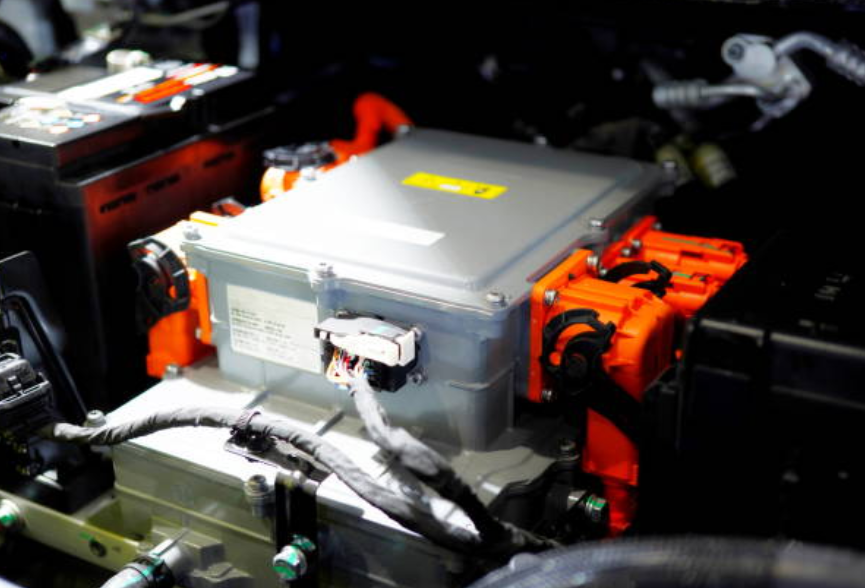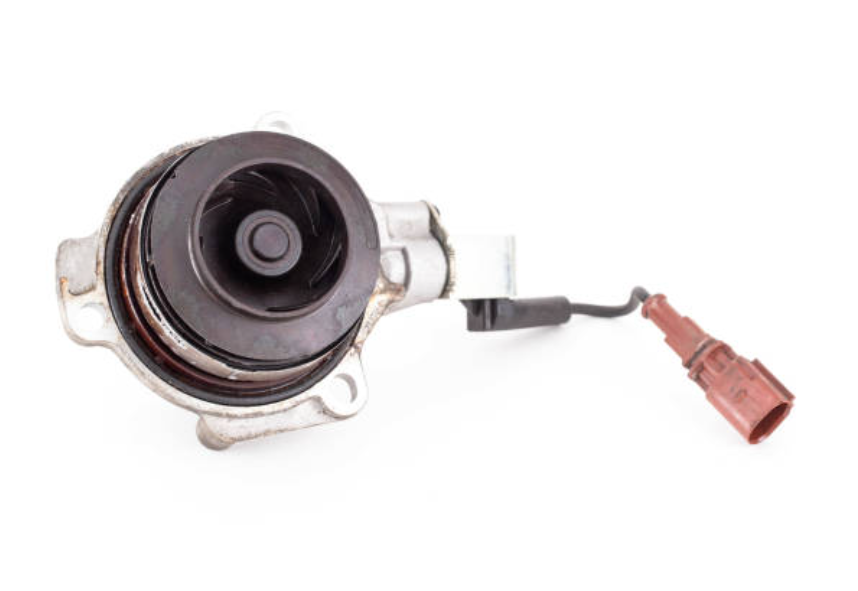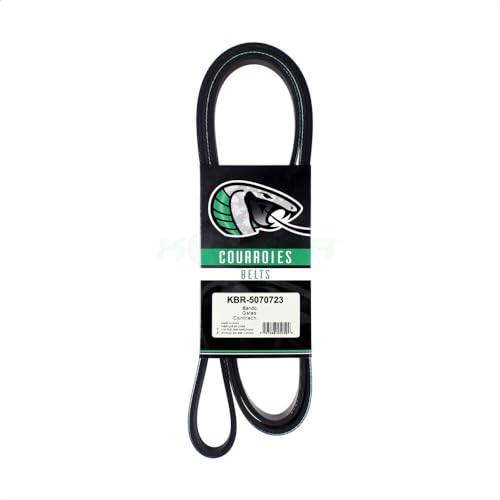Why Won't My Car Start? Common Causes and Troubleshooting Tips
Nothing is quite as frightening or daunting as having your car not start when you’re ready to go somewhere. You try the key, only to be met with complete silence - no purring engine, no rumbling exhaust. There could be a lot of reasons why this happened; and while finding out what it is can be troublesome, it’s always better than just guessing wildly. In this blog post, we discuss possible issues that may cause your car not starting properly so that you find the source of the problem quickly and get back on the road again in no time!

Common Causes of a Car That Won't Start
A car that won't start can be a frustrating experience, leaving us stranded and searching for answers. There are several common causes behind this issue, including a dead or discharged battery, a faulty starter motor, fuel delivery problems, ignition system issues, and electrical problems. Other potential culprits include a bad starter solenoid, security system activation, frozen fuel lines in cold weather, or even a failed camshaft position sensor. To pinpoint the exact problem, it's essential to perform a careful troubleshooting process. Regular vehicle maintenance and promptly addressing starting issues can help prevent more significant problems and ensure a smoother and more reliable driving experience.
Check the Battery: Ensure the battery is not dead or discharged. Look for dimmed lights on the dashboard or listen for a clicking sound when turning the key. Jump-start the car using jumper cables if needed.
Inspect the Fuel Level: Make sure there is adequate fuel in the tank. The fuel gauge may occasionally be off or you may have unintentionally ran out of gasoline.
Listen for Sounds: Pay attention to any unusual sounds when attempting to start the car. A grinding noise might indicate a faulty starter motor, while a single loud click could point to a defective starter solenoid.
Test the Ignition System: Check for signs of a failing ignition system, such as difficulty turning the key, or the engine cranking but not starting. Inspect the ignition switch, ignition coil, and spark plugs for any issues.
Inspect the Electrical System: Ensure the battery terminals are tight and free from corrosion. Check for damaged wiring or blown fuses that could interrupt the electrical flow.
Consider the Security System: Some cars have security systems that may disable the engine if they detect a potential theft attempt. Consult your owner's manual on how to reset the security system.
Check the Fuel Delivery: Examine the fuel filter and fuel pump for potential clogs or failures that could prevent fuel from reaching the engine.
Thaw Frozen Fuel Lines: In cold climates, frozen fuel lines can obstruct fuel flow. Use a fuel-line antifreeze solution to thaw the lines.
Verify Timing Belt: If your car has a timing belt, check for any signs of breakage or slippage that could cause incorrect engine timing.
Clear a Flooded Engine: If you attempted to start the engine multiple times without success, wait a few minutes and try again. A flooded engine might need time to clear excess fuel.
Examine Sensors: Inspect the crankshaft and camshaft position sensors for potential failures that can disrupt the engine's timing.
Ensure Proper Airflow: Make sure the air intake and filters are clean, as restricted airflow can affect the engine's ability to start.
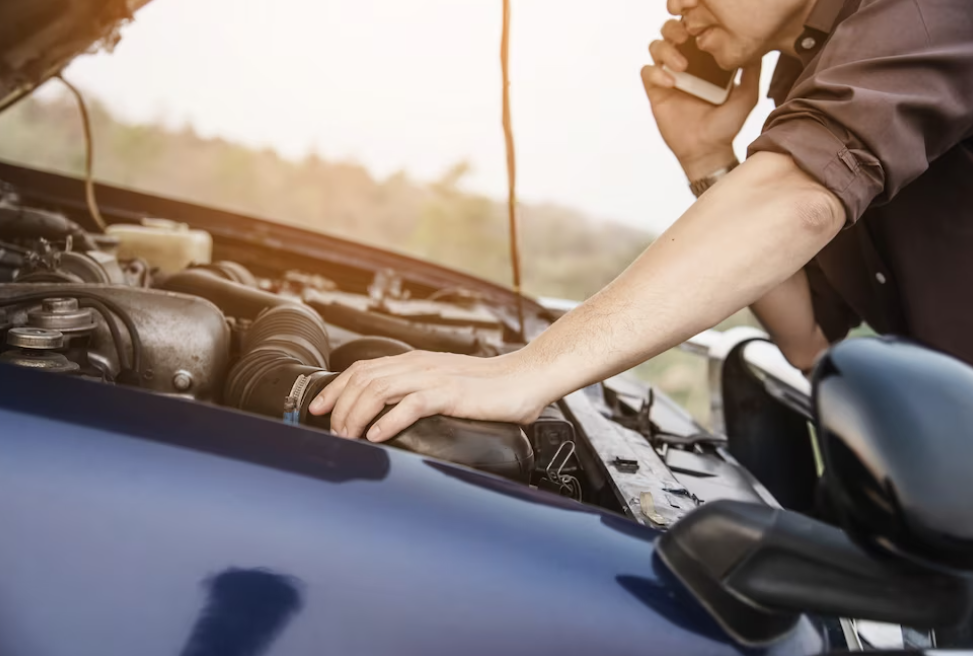
To protect yourself from the frustration and inconvenience of a car not starting, it's essential to prioritize regular maintenance and take proactive measures. Start by following a regular maintenance plan, inspecting the batteries for any damage or corrosion, and maintaining clean and safe connections. To maintain a healthy fuel delivery system, make sure your automobile has enough gasoline and fuel it with high-quality fuel. Taking short drives regularly can help keep the battery charged, especially if your car is not used frequently. During extreme weather, such as cold winters, use a block heater to warm the engine, and in hot weather, park in shaded areas to prevent excessive heat affecting the battery. Address any starting issues promptly and carry emergency equipment like jumper cables or battery boosters in your car for added peace of mind. With these proactive steps, you can protect yourself from the frustration of a car that won't start and enjoy a more reliable and stress-free driving experience.
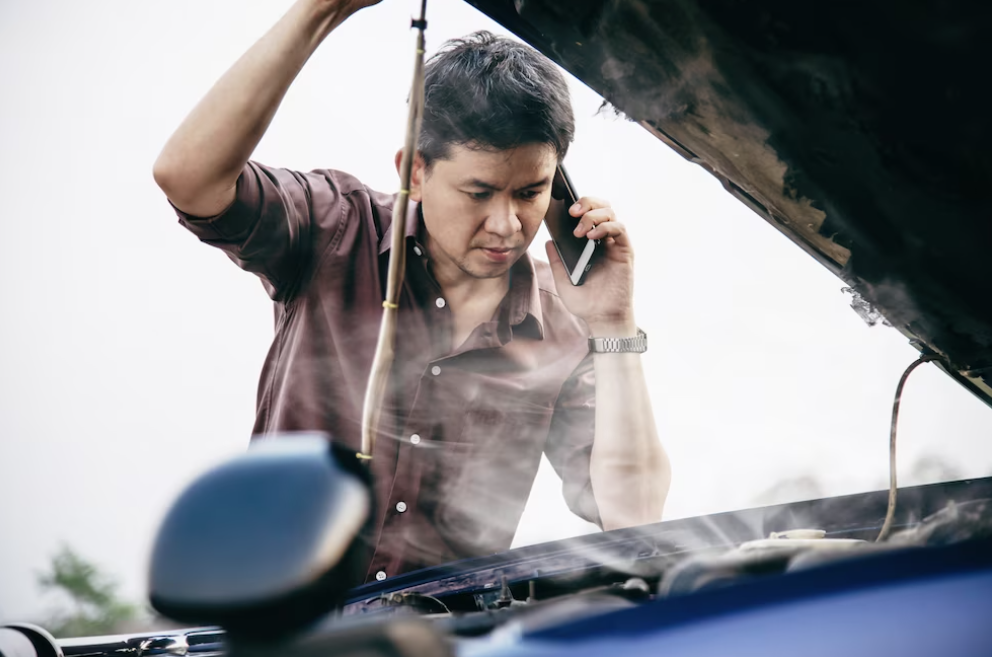
-
How often should I replace my car's battery?
Batteries for cars generally last 3 to 5 years. Check the battery frequently, and replace it if you see any symptoms of degradation or if it's past its useful life.
-
Can a clogged fuel filter prevent my car from starting?
Yes, a clogged fuel filter can restrict fuel flow to the engine, leading to starting issues. Regularly replacing the fuel filter can prevent this problem.
Read more review here: The 10 Best Winter Car Seat Covers Of 2023


